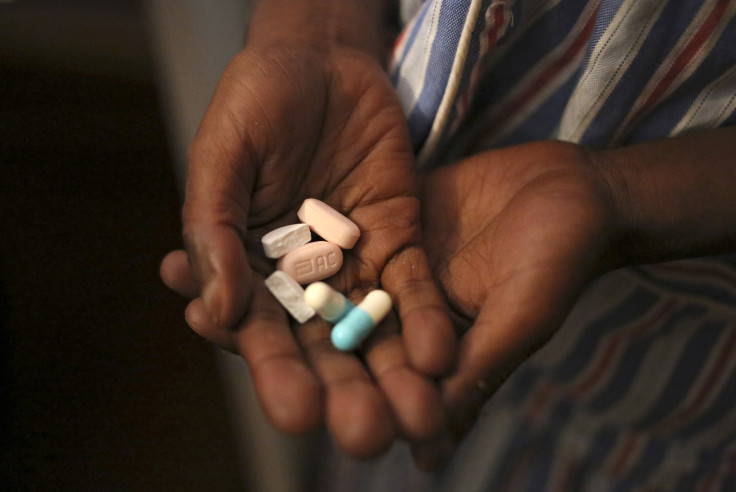WHO sets recommendation to allow ‘all HIV patients at any stage’ to take antiretroviral therapy

The World Health Organisation, or WHO, has released new guidelines that will remove the limitation on HIV patients to wait until the disease progresses before being treated with antiretroviral drugs. The new policy allows all HIV patients to get antiretroviral treatments soon as possible after diagnosis to prevent the development of the infection.
WHO recommends treating all people suffering from any stage of HIV, which would increase the number of patients eligible for antiretroviral drugs from 28 million to 37 million worldwide. The announcement follows an extensive research into the issue of HIV treatment policy.
However, antiretroviral therapy, or ART, the combination of medicines for treating HIV, is not yet recommended as a preventive measure. ART is still considered not a cure to the infection, but it helps control the virus to extend the lives of the patients. The therapy could help HIV patients be healthier and reduce the risk of the transmission of the virus.
The new guideline may help prevent 21 million AIDS-related deaths across the world and prevent 28 million people from being affected by the disease by the year 2030, according to the Joint United Nations Programme on HIV/AIDS, or UNAIDS. However, the new policy still faces challenges globally, particularly ensuring that all patients can access the drugs and that funds can support wider extension in treatment.
To date, only 15 million HIV patients have access to the drugs. However, the recommendations are “critically important” to the progress of fast-track treatment and prevention goals, said Mark Dybul, executive director of the Global Fund, a private-public initiative that serves as one of the biggest funders of HIV research and treatment.
"We must embrace the ambition if we are going to end HIV as a public health threat," Dybul said. The new guidelines are “very important steps” that could ensure all HIV patients will have immediate access to antiretroviral treatment, added Michel Sidibe of UNAIDS.
Contact the writer at feedback@ibtimes.com.au or tell us what you think below




















